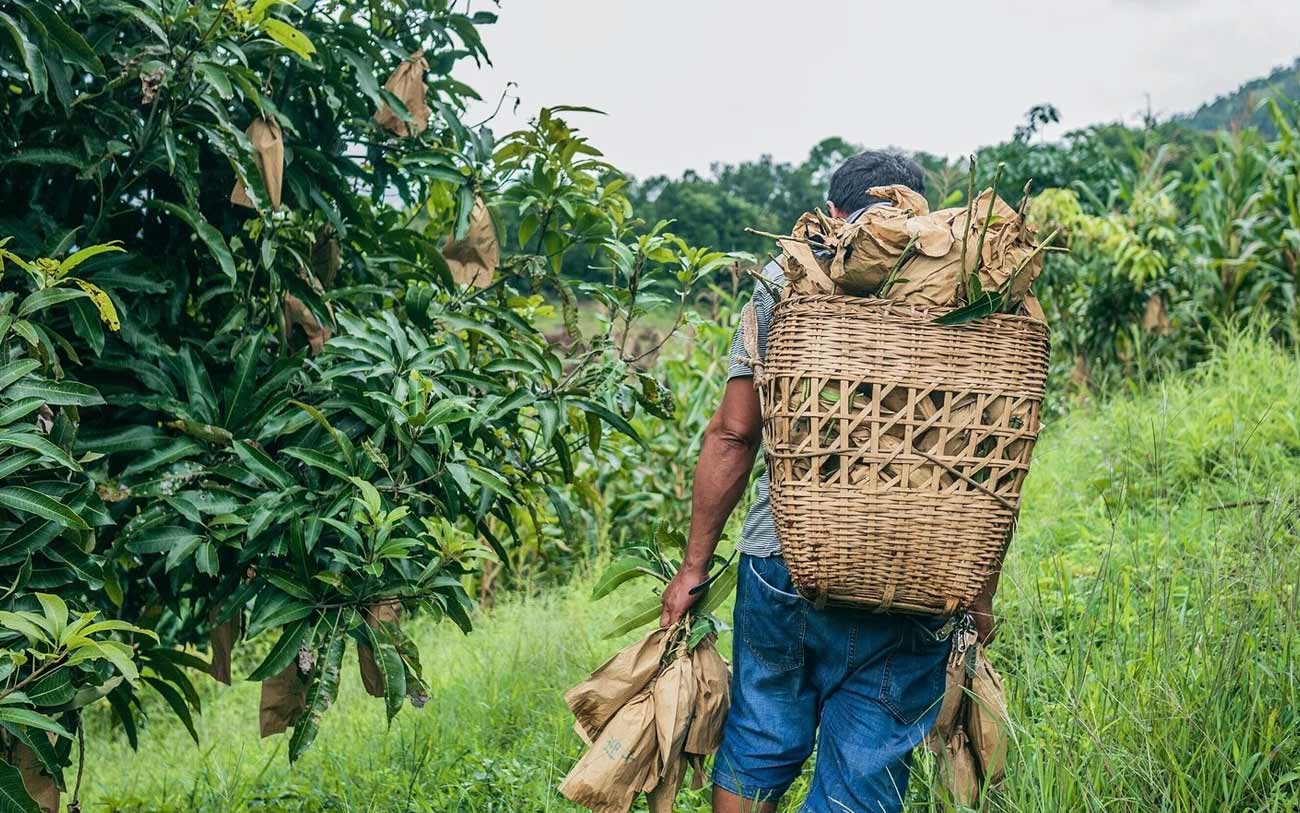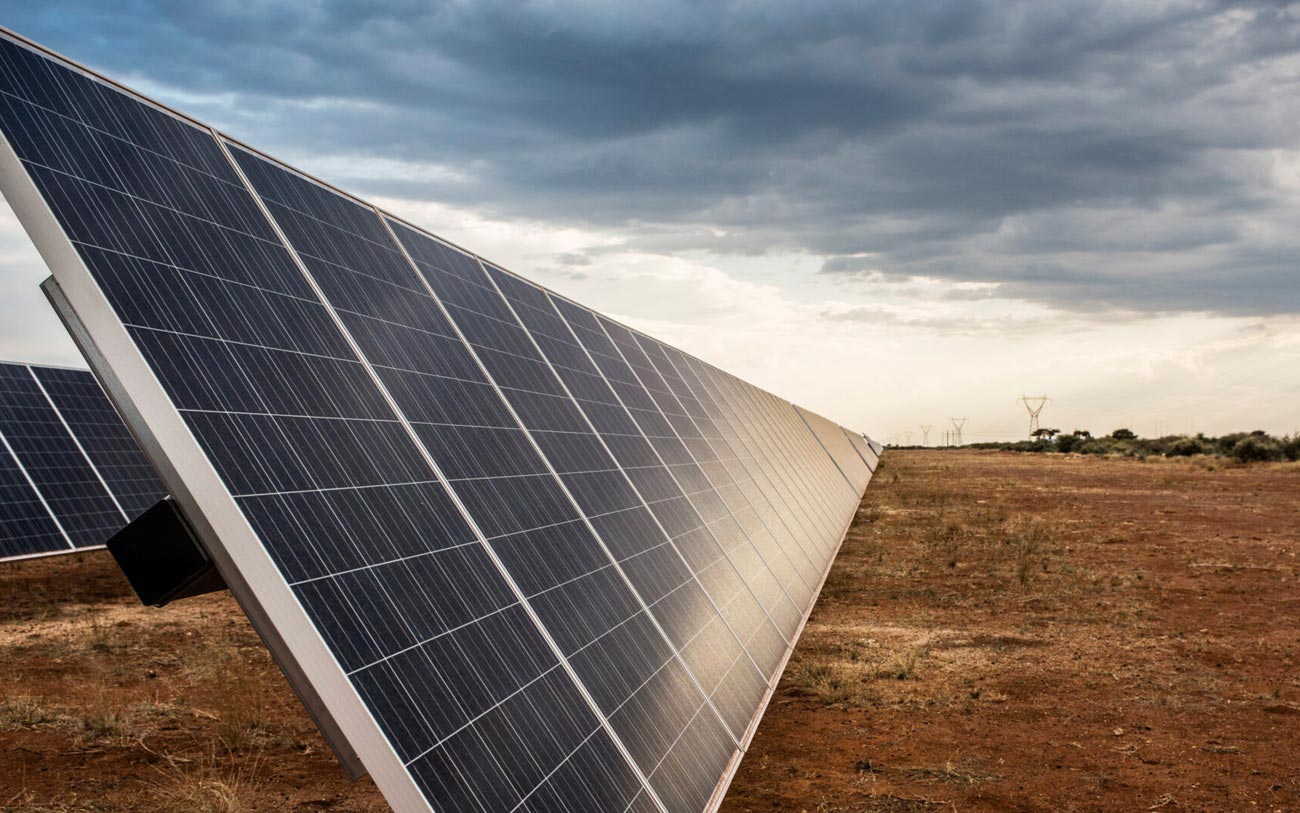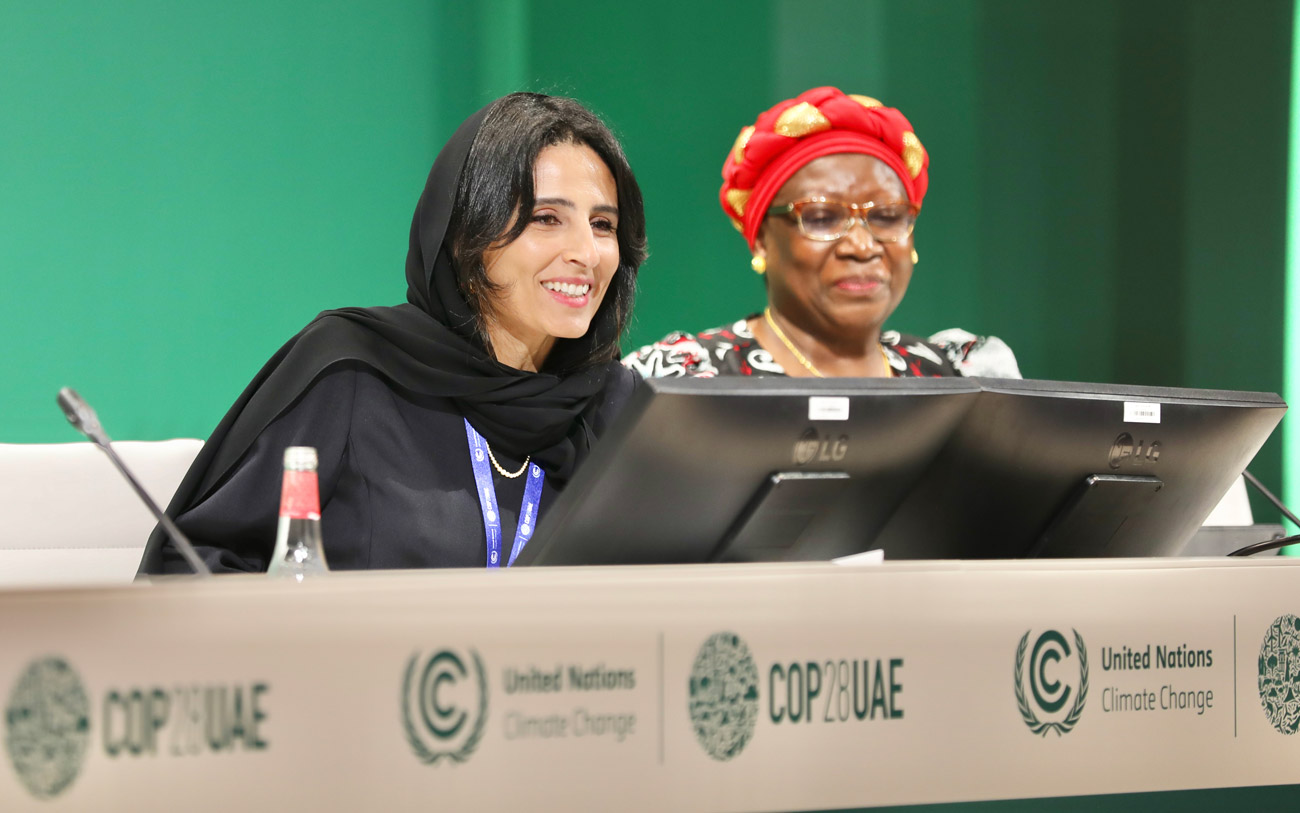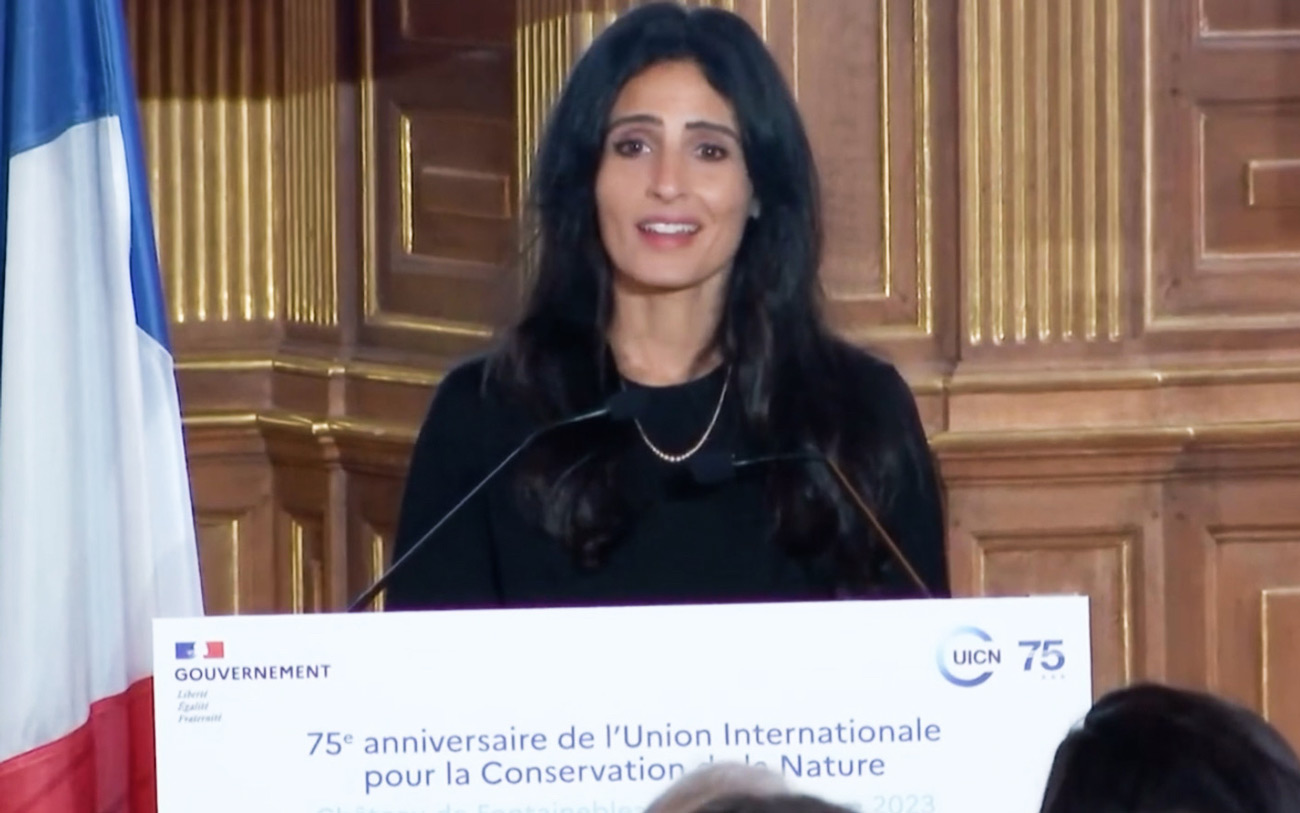In an op-ed for the World Economic Forum, Razan Al Mubarak discussed the reality of the current climate crisis and its connection to the food crisis, as well as four strategies to address this challenge.
Ms. Al Mubarak described the unequal conditions that the current food system has created:
“This broken food system is creating a world in which some 2,750 excess calories are produced per person per day, yet 700 million people face hunger and nearly one in three cannot afford a healthy diet. We cannot tackle climate change without transforming the way we produce and consume food.”
She also shared four solutions – scaling regenerative production; switching to a healthier diet; restoring nature; and reducing food waste – and urged national and local governments, businesses, investors, philanthropists, and civil society to join efforts.
Ms. Al Mubarak said:
“By acting on these four solutions, we will begin to turn the food system from a driver of climate change into an accelerator of climate action. A healthy, well-fed population is fundamental to creating a healthier, more resilient future for all.”
Read the full op-ed by Razan Al Mubarak on the World Economic Forum.



